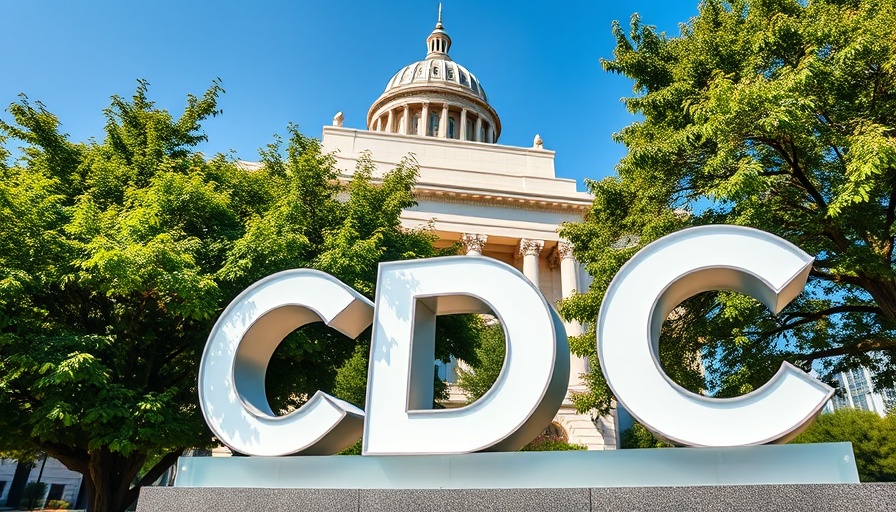
CDC Changes Guidance on COVID Vaccinations for Healthy Kids
The recent shift in the Centers for Disease Control and Prevention's (CDC) language regarding COVID-19 vaccinations for healthy children has stirred discussions across the nation. Initially, the CDC recommended vaccinations for all kids; however, the new guidance indicates that vaccines may be given but are not mandated for children aged 6 months to 17 years who are healthy, igniting a range of responses from health experts and parents alike.
Understanding the New Recommendations
The change, prompted by U.S. Health Secretary Robert F. Kennedy Jr.'s announcement, allows parents to make the decision regarding vaccination in consultation with their doctors. This departure from firm recommendations has raised concerns about the potential implications on vaccination rates, which are already languishing at a mere 13% among children, according to current CDC data. Medical professionals have pointed out that using language like 'may' rather than 'should' tends to lower vaccination uptake.
Impact on Public Health and Vaccination Rates
As childhood vaccination rates for COVID-19 continue to falter, it's important to consider how this new guidance could further complicate efforts to keep communities healthy. Experts in public health suggest that lower vaccination numbers may endanger collective immunity, prompting a focus on the populations that are most at risk, particularly the elderly and individuals with pre-existing health conditions.
Shared Decision-Making: What Does It Mean?
The concept of shared decision-making—where parents discuss the pros and cons of vaccination with healthcare providers—places the burden of understanding on families. This collaborative approach can empower parents, but it might also lead to confusion and hesitancy among those without access to comprehensive health information. The CDC must ensure that resources are available for families to make informed choices.
What Lies Ahead for COVID Vaccinations
The CDC advisory panel will convene next month to evaluate new recommendations regarding fall shots, focusing initially on high-risk groups while maintaining options for lower-risk individuals. Given the ongoing evolution in the pandemic and fluctuating vaccine recommendations, families should stay informed and engaged with healthcare professionals about the best course of action for their children.
Understanding Parental Concerns
It's natural for parents to have reservations about vaccinating their children, particularly when changes to recommendations come swiftly from health authorities. Those worried about the safety and efficacy of COVID vaccinations can find reassurance by discussing their concerns with trusted medical professionals. This dialogue not only strengthens community trust but also ensures that children receive the best possible care.
Final Thoughts on Health Decisions for Kids
As we navigate the complexities of pediatric health in our current landscape, it’s crucial for families to stay abreast of new developments around vaccinations. Ensuring that everyone, especially our children, is healthy is ultimately a community effort. By prioritizing open communication and informed decision-making, we can take proactive steps toward securing a healthier future for all.
 Add Row
Add Row  Add
Add 




 Add Row
Add Row  Add
Add 

Write A Comment